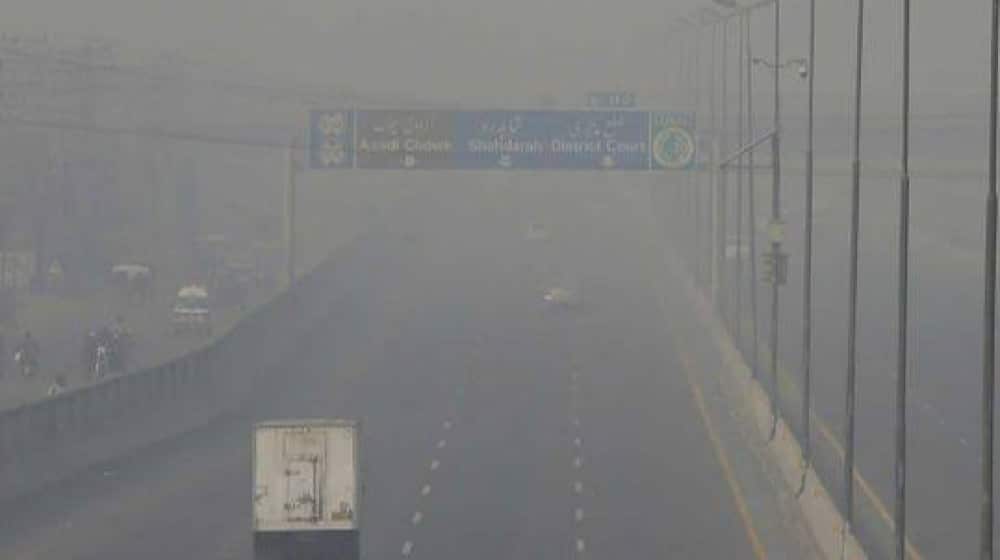Lahore, Pakistan, is grappling with a severe smog crisis, according to a recent study by the University of Chicago. The research has raised alarm bells for residents as it reveals troubling trends in the city’s air quality. Despite government efforts, Lahore remains the most polluted city in the world. The study indicates a shocking decline in life expectancy, with residents losing an average of 7 years each year due to the hazardous smog. Moreover, the report highlights the dire consequences for children, likening exposure to current pollution levels to smoking 30 cigarettes daily.
The air quality index (AQI) in Lahore has surpassed 500, far exceeding the acceptable level of 200. Even AQI levels between 200 and 300 can cause eye irritation, making the current situation extremely hazardous. In response, the Lahore High Court has imposed a ban on issuing No Objection Certificates (NOC) for development projects until January, in an attempt to control the smog. Additionally, local authorities have taken strict measures against smoke-emitting vehicles, impounding over 40,000 such vehicles in the past two weeks.
The situation demands immediate government action to reduce air pollution in Lahore. The smog crisis poses a grave threat to public health and necessitates comprehensive efforts to combat this pressing issue. Lahore’s residents are calling for stringent measures to improve air quality and protect their well-being in the face of this escalating environmental crisis.

